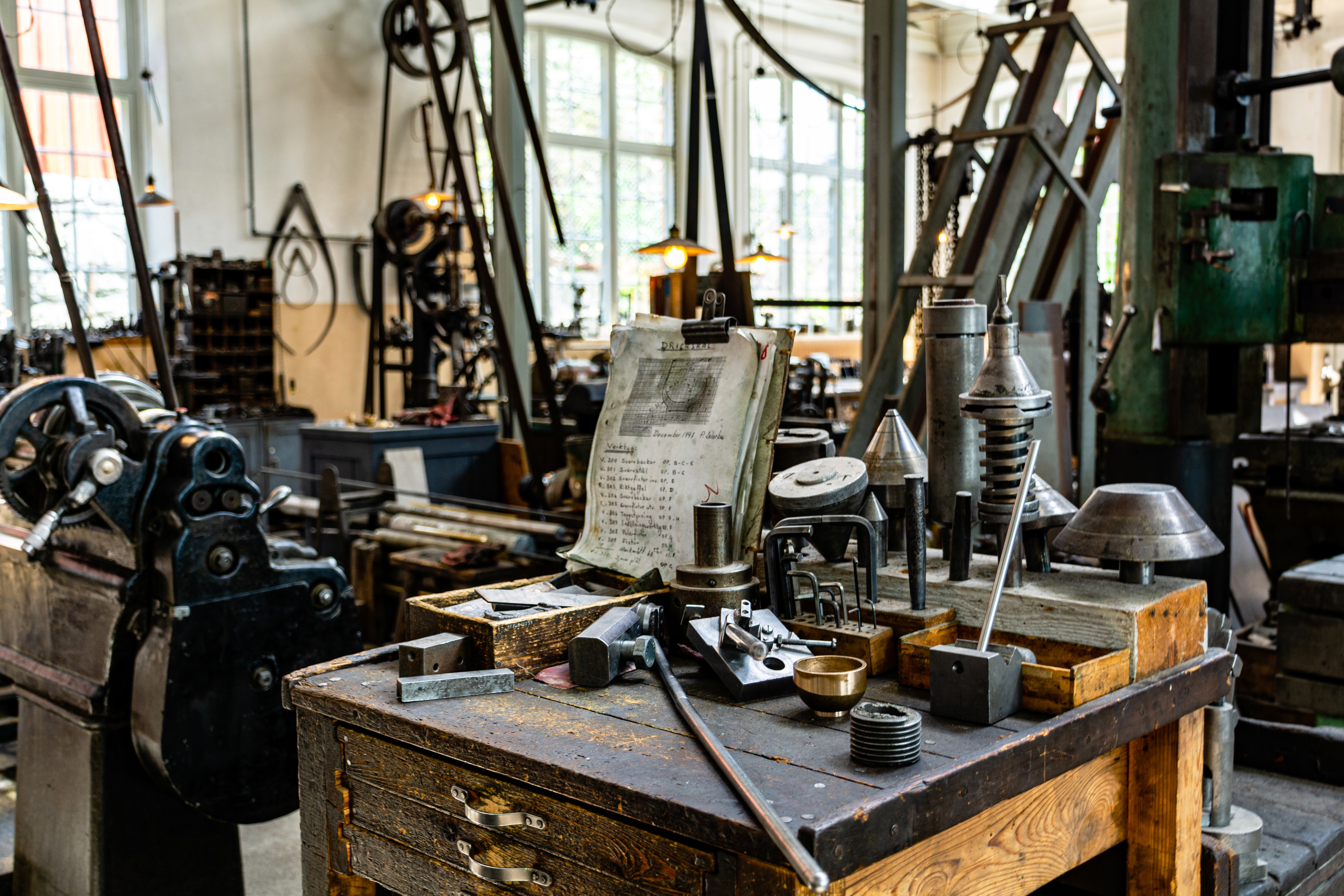When running a business, equipment is often a significant investment. From office furniture and computers to machinery and vehicles, these assets play a crucial role in operations. However, deciding whether to lease or buy equipment can be challenging, as both options come with distinct advantages and drawbacks. This blog explores the factors to consider, helping you make the best choice for your business needs.
Understanding Leasing
Leasing equipment involves renting it for a specific period, typically through a contract with fixed monthly payments. This option is particularly appealing for businesses that require access to expensive equipment without the upfront cost. Leasing allows you to use the latest technology without committing to ownership, making it an attractive choice for industries where innovation and upgrades happen frequently.
For instance, technology-dependent businesses, such as startups in the software sector, often lease high-end computers to ensure they always have access to the newest tools. Additionally, leasing can be a smart choice if you’re managing cash flow constraints, as it spreads costs over time, keeping your working capital free for other critical expenses.
However, leasing has its downsides. You may end up paying more in the long term compared to purchasing, and you won't own the equipment at the end of the lease. Some leases also come with restrictive terms, such as usage limits or penalties for early termination.
Understanding Buying
Buying equipment means making an outright purchase, either through cash or financing. Ownership is the primary benefit here, as the equipment becomes a business asset that can be used indefinitely. If the equipment has a long life span or doesn’t require frequent upgrades, buying can often be more cost-effective than leasing.
For example, businesses in construction or manufacturing often prefer to buy equipment like heavy machinery, as these assets tend to hold value and are used consistently over many years. Owning equipment also allows greater flexibility in how it’s used, without concerns about lease terms or penalties.
That said, buying equipment requires a significant upfront investment, which can strain cash flow. Additionally, there’s the risk of obsolescence—especially for businesses relying on technology—where the purchased equipment may lose value or become inefficient as newer models are introduced.
Key Considerations When Deciding
The decision to lease or buy often depends on several factors, including your budget, the nature of the equipment, and your business's financial goals. If you prioritize conserving cash and accessing the latest technology, leasing might be the better option. On the other hand, if long-term cost savings and ownership are more important, buying could be the way to go.
It’s also essential to consider tax implications. In many regions, lease payments can be deducted as operating expenses, while buying allows you to claim depreciation. Evaluating these financial impacts with a tax professional can provide further clarity.
What's Right for your Business?
Ultimately, the choice between leasing and buying boils down to your business model and financial situation. A rapidly growing startup might find leasing to be more practical for its need for flexibility and cutting-edge tools. Conversely, a stable business with predictable equipment needs might benefit from the cost savings and ownership advantages of buying.
To make an informed decision, assess the total cost of ownership versus the cost of leasing, along with the equipment's expected life span and resale value. Consulting a financial advisor or using online calculators can also help you weigh the long-term financial impact of each option.
For more expert advice on managing your business finances and making smarter financial decisions, visit CreditAFinance.in. With the right guidance, you can ensure your business thrives, no matter what challenges come your way.







